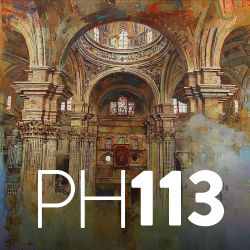El Museo de Ciencias Naturales de la Universidad de Zaragoza
DOI:
https://doi.org/10.33349/2024.113.5663Keywords:
Ciencias naturales, Divulgación, Gestión, Museos, Museo de Ciencias Naturales, Patrimonio paleontológico, Universidad, Universidad de ZaragozaAbstract
Universities amass a great heritage derived from their teaching and research labor, often unknown by the university community itself and by the general public. University museums are responsible for safeguarding and enhancing these collections. The Paleontological Museum of the University of Zaragoza emerged in the 80s as a need to manage the paleontological heritage generated by the researchers of this institution and adapt it to existing legislation. The Museum of Natural Sciences of the University of Zaragoza (MCNUZ), heir to the previous museum, is an active and constantly growing museum, which is in charge of managing the Natural Sciences collections of the University, the most notable being the Collection of Paleontology, composed of more than 42 000 specimens and 327 holotypes. Beyond its internal management, the MCNUZ is becoming the powerhouse of activities related to natural sciences in the province of Zaragoza thanks to an extensive program of talks, book presentations and debate tables, competitions dedicated to young people and temporary exhibitions. It is also a resource of great value for university teaching itself. University museums are not only essential to safeguard university heritage, but they are also a tool for direct communication with society.
Metrics
Downloads
Downloads
Published
Issue
Section
License
Los artículos que se incluyan en revista PH se publicarán bajo una licencia Reconocimiento-NoComercial-SinObraDerivada 3.0 Creative Commons.
Esta licencia implica que usted conserva plenamente sus derechos de autor, pero autoriza a terceros a copiar, distribuir y comunicar públicamente su artículo bajo las siguientes condiciones:
- Reconocimiento: debe incluir los créditos de la obra de la manera especificada por el autor o el licenciador.
- No comercial: no se puede utilizar el artículo para fines comerciales
- Sin obras derivadas: no se puede alterar, transformar o generar una obra derivada a partir del artículo.
Aquellos artículos que, por distintas razones, no sean publicados, no serán difundidos a terceros ni enviados a otras revistas o plataformas digitales. El IAPH se compromete a respetar escrupulosamente los derechos de propiedad intelectual de los autores.











